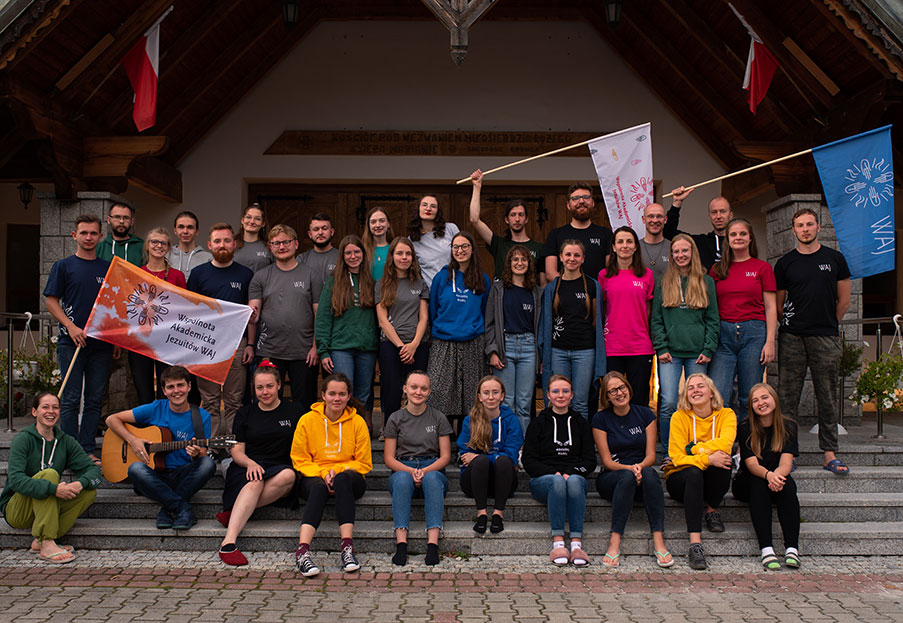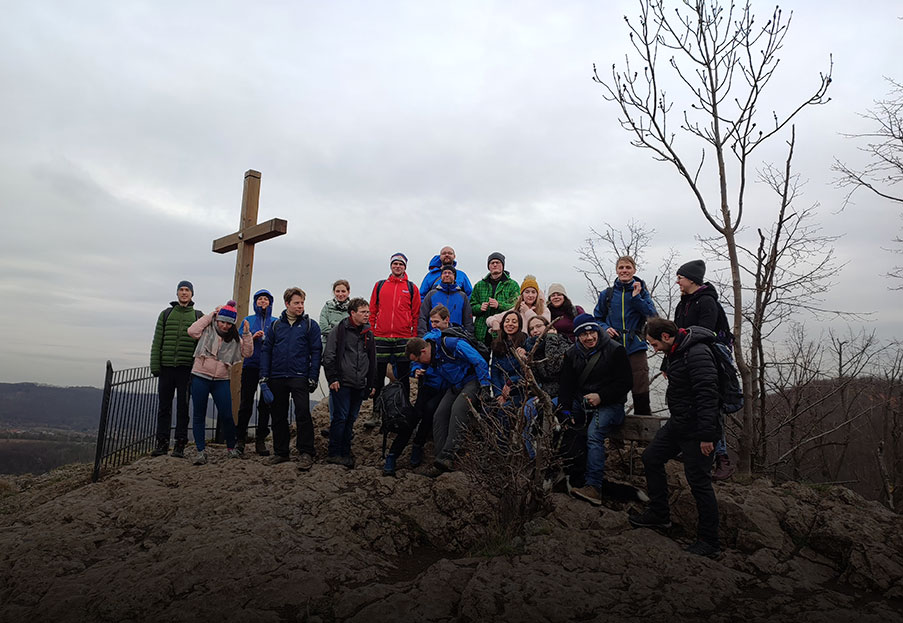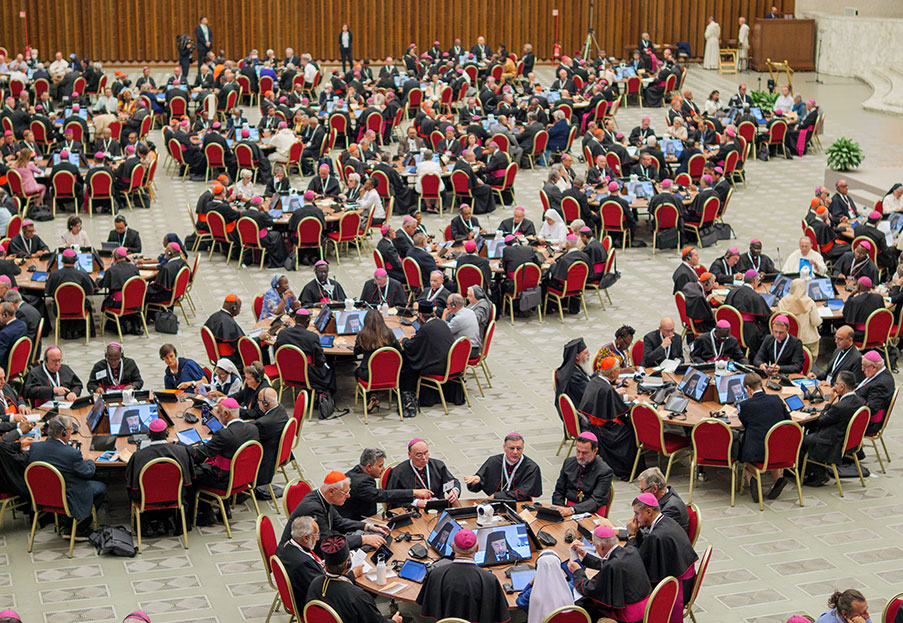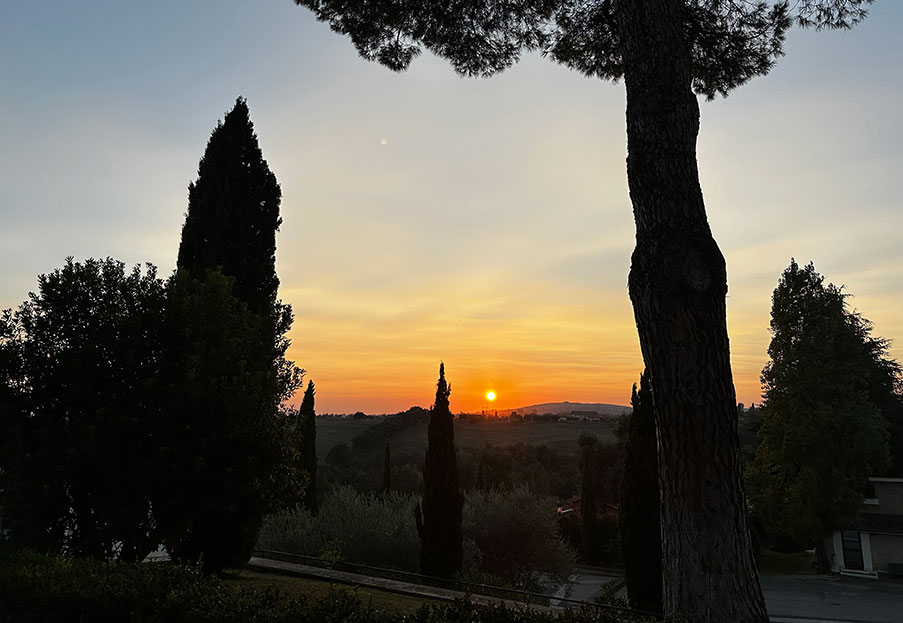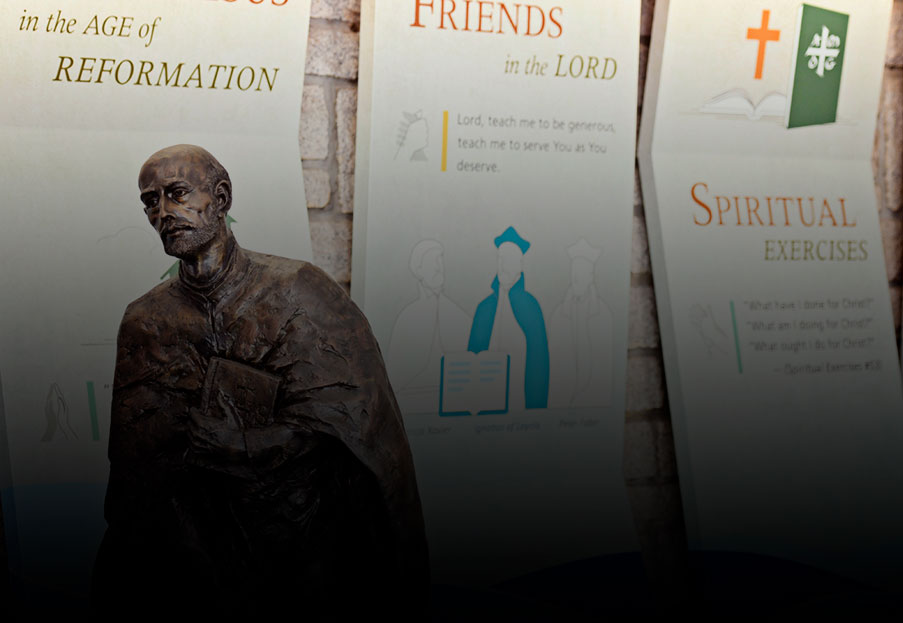Considering the call of Christ
Where do the four Universal Apostolic Preferences lead us?
By 雷敦龢 Edmund Ryden, SJ
[From “Jesuits 2021 - The Society of Jesus in the world”]
The teacher asks, “Well, children. Have you done the four things I asked you to do?” Some reply, “What I did is more or less your four things, so I am OK.” Others say, “I do something for each but can always do more.” The attitude of the children is one of trying to live up to a hard task, trying to prove to the master that can pass the exam.
We might take the same attitude to the four Universal Apostolic Preferences, some of us trying to prove that really we do them all the time; others recognising some need for improvement. This way of looking at things is not wholly unjustified. If I never give the Exercises in any format whatsoever; if I cannot care less for drought-stricken villages, then the Preferences may help to wake us out of our torpor. Yet, this is not really what the Society intends for us.
The Preferences are designed as a new way of putting the Formula of the Institute and as such can only be understood in the context of our founding documents. Furthermore, Father General has stressed that they work together. In response to this suggestion, I offer the following observations, well aware that there much more could be said.

Let us start from the Meditation on Two Standards (SpEx 136-147) and consider how Satan goads his demons “to tempt [people] to covert riches ... The first step, then, will be riches, the second honour, the third pride” (SpEx 142). These are the preferences of the world/Satan. I imagine them in the centre of a circle where we are drawn like a moth to light. The fundamental attraction of this way is that “I” am in charge. “I” am the centre and have power.
The way of Christ is the opposite. He leads to poverty, insults or contempt and humility (SpEx 146). These values are out of the limelight, not in the centre. It is as if we are thrown off the merry-go-round and out to the edges. We need to constantly work against the pull of the world taking us toward the centre and the closer we get to the centre the harder it becomes to resist the force. The Preferences are precisely ways of describing the counter-force that is the attraction of the way of Christ. They invite us “to look down upon the whole expanse of all the earth, filled with human beings” (SpEx 102).
A stone that has started to roll downhill is not interested in stopping to think. A moth that is attracted to the light heeds no advice to fly away. Our tendency is to fail to discern, to think only as we were taught, to be unwilling to change. Discernment causes us to stop short, to allow God to do new things with us and so prevent us locking ourselves in the prison we have created for ourselves out of our own fears, ignorance and, limitations (SpEx 59). We are like Adam hiding behind the bushes. Christ invites us “a cry of wonder” that leads to new life (SpEx 60).
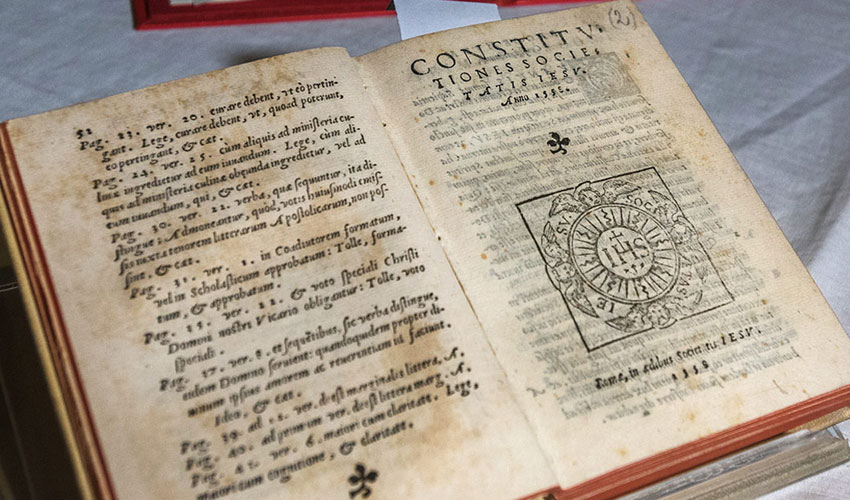
Many young people suffer from unemployment, uncertainty, and doubt. They are powerless. We saw this recently in Greta Thunberg’s short address to the United Nations. The leaders worry about money and figures but do not really wish to change things. The preference in favour of youth means not that we have to become paternalistic patrons of the youth, but rather that they become our inspiration. In front of the Child Jesus and his parents, “I will make myself a poor, little unworthy slave… and serve them in their needs with all possible homage and reverence” (SpEx 114).
A globalised society and media could lead to more coverage of the whole world. In fact, what often happens is the opposite. English-language media dominate. Every tweet and sneeze of President Donald Trump hits the headlines in Delhi and Tokyo. We are called to swim against the tide, to seek to go to places that are shadowy and forgotten, to the margins of the Amazonian rainforest and the slums of our cities. We must “be content with the same food, drink, clothing, etc.” as the poor have (SpEx 93).
Most people today live in cities created as 24-hour, non-stop, climate-free environments where the rhythm of the rising and setting of the sun, the shifts in the seasons from winter’s cold to summer’s heat, are only minor peculiarities to be ironed out by human ingenuity. We make a cocoon for ourselves such that we no longer feel the wind or smell the flowers, “nor can foot feel, being shod” (G.M. Hopkins: “God’s Grandeur”). Pope Francis has called us back to creation, to live a life in joy, in which we are commissioned to sing the praise of the Creator.
The UAPs point to areas in life where we can find poverty, insults, and humility. They lead us to the cross, to see “how much God our Lord has done for us” (SpEx 234). The collaboration they call for is firstly with God, and then with others, where it is God and the others who are in charge.

